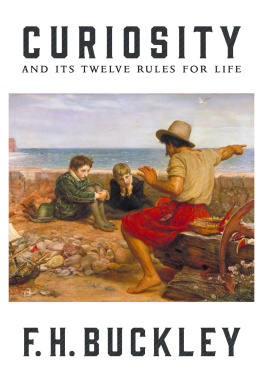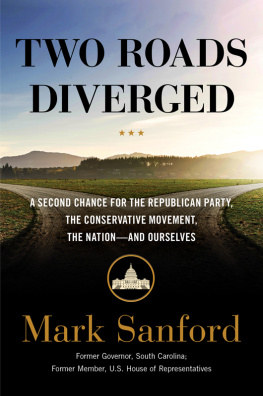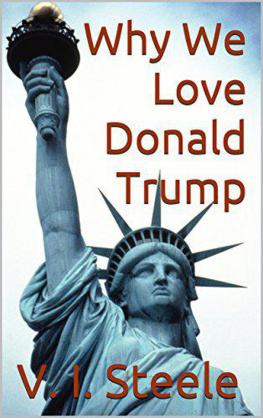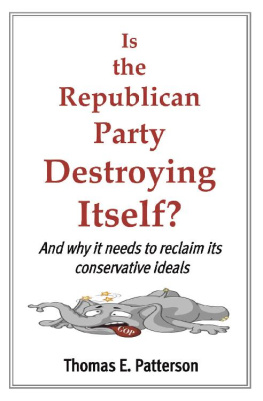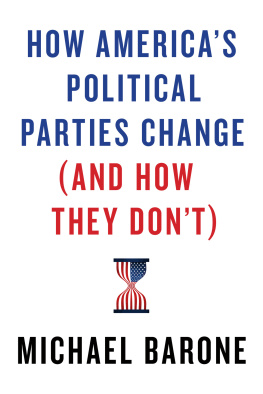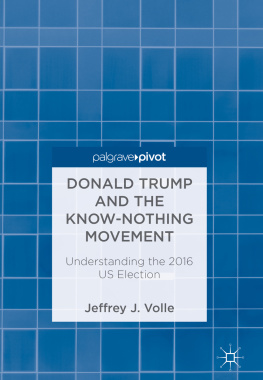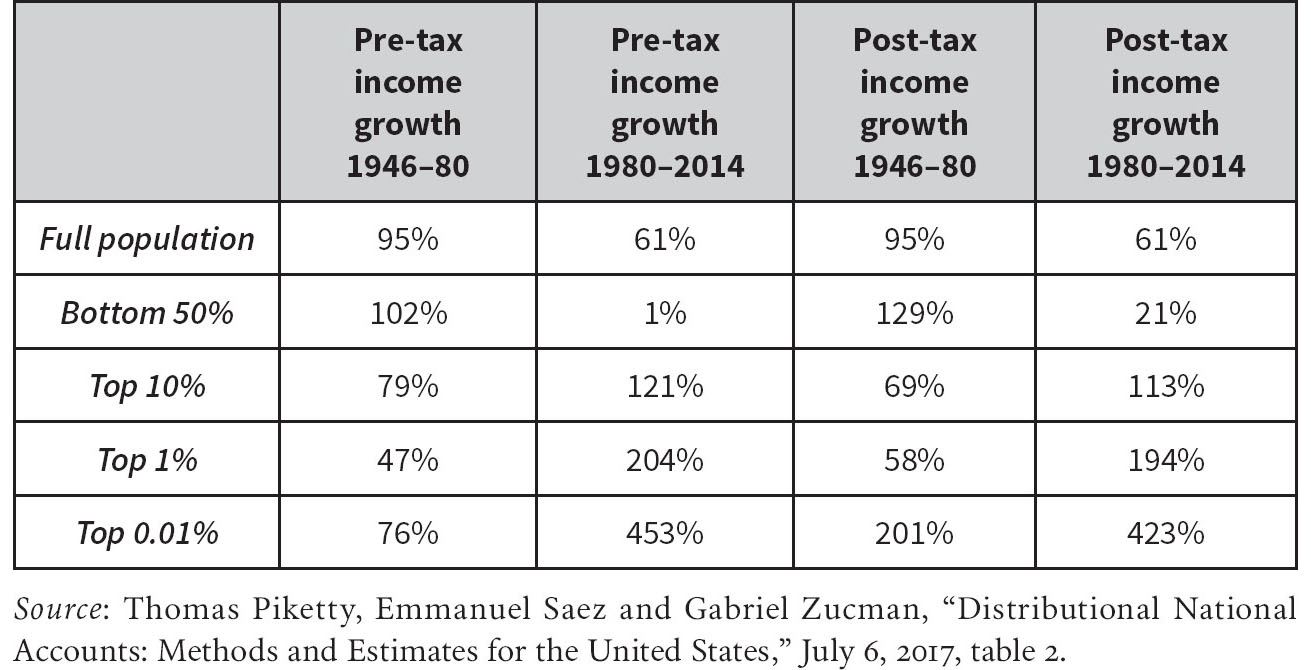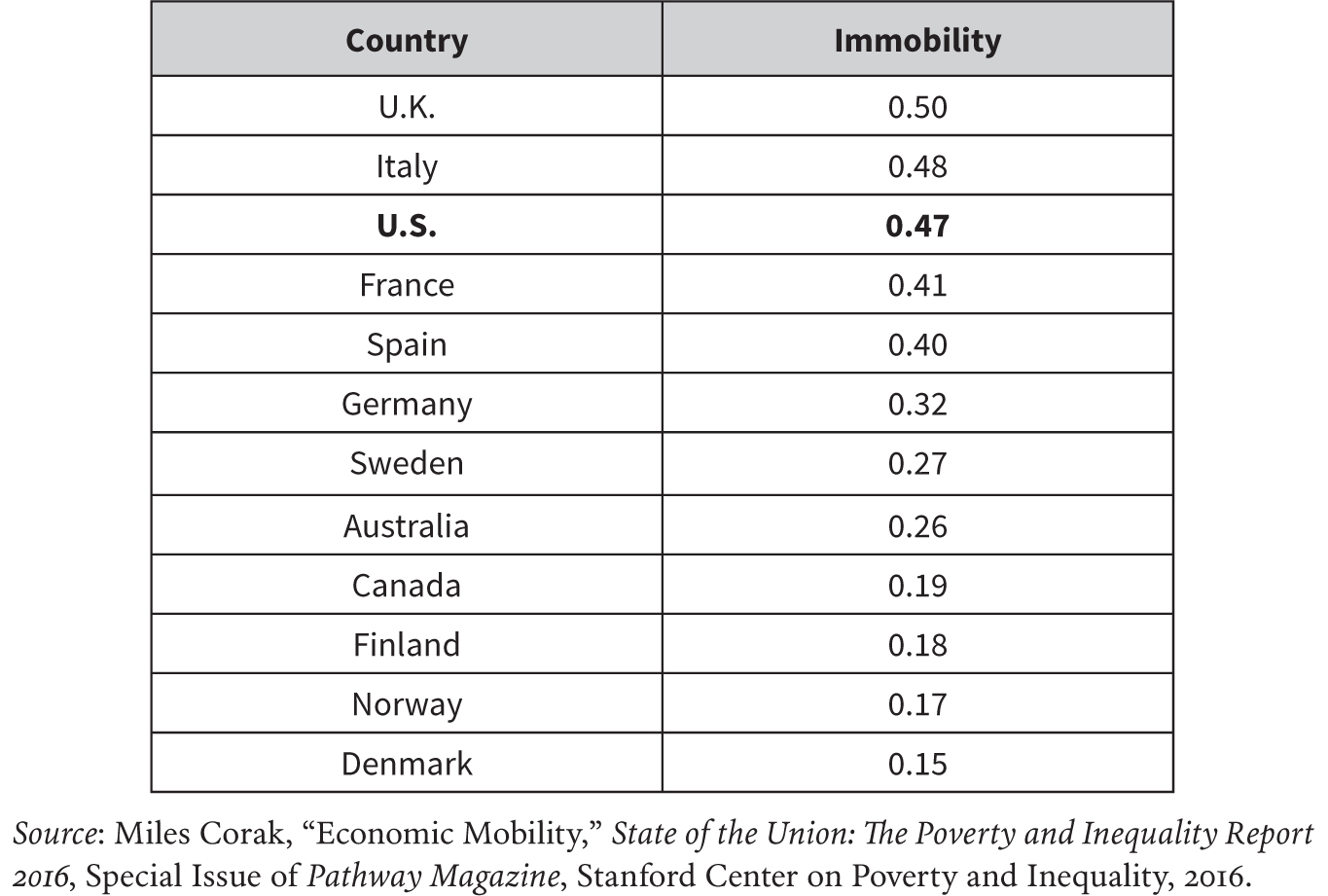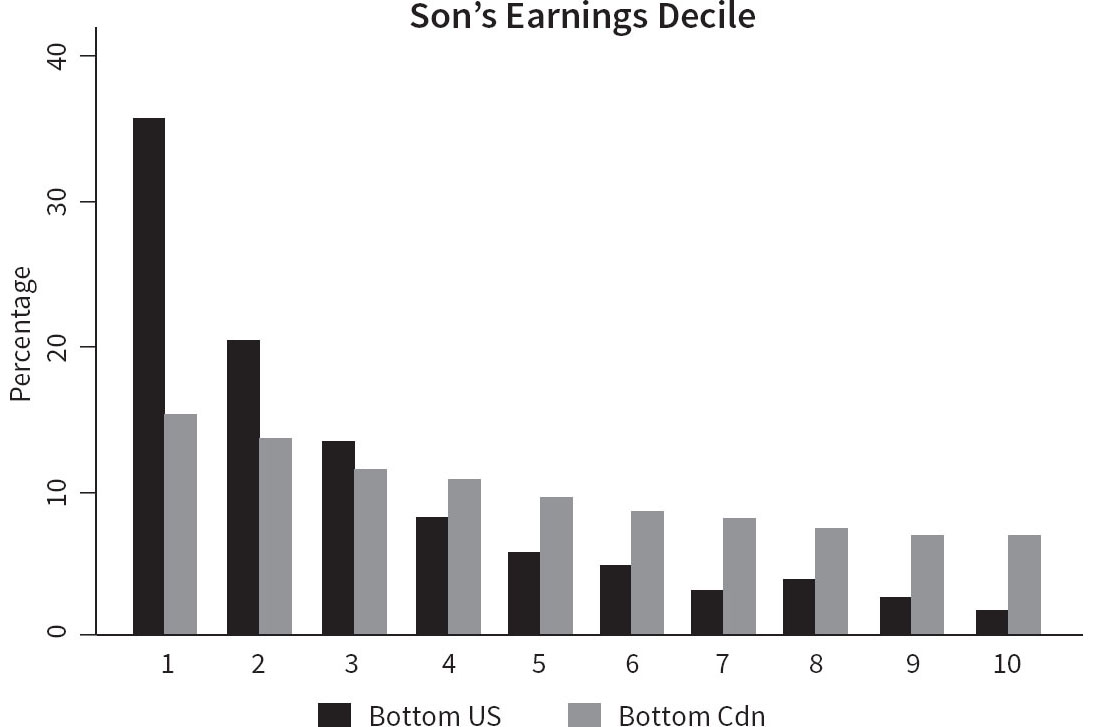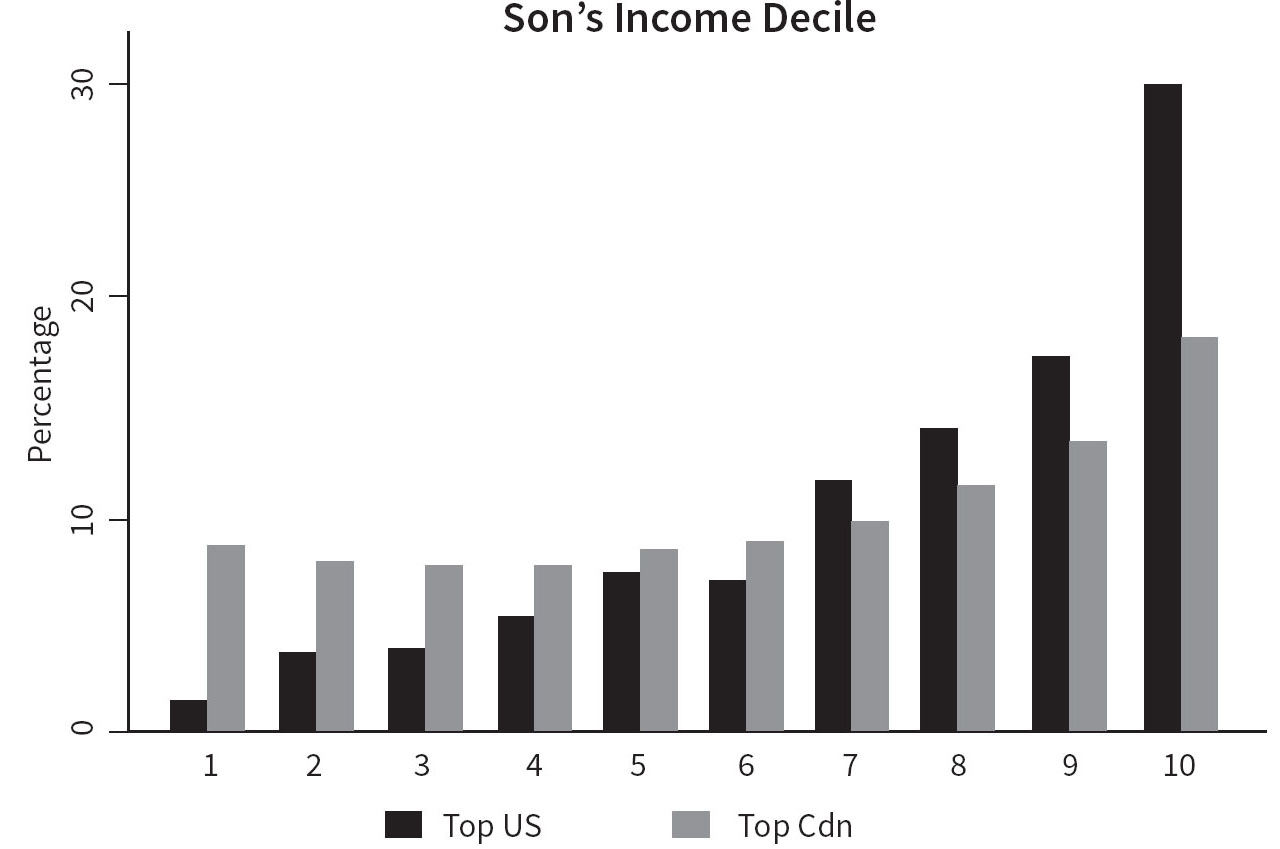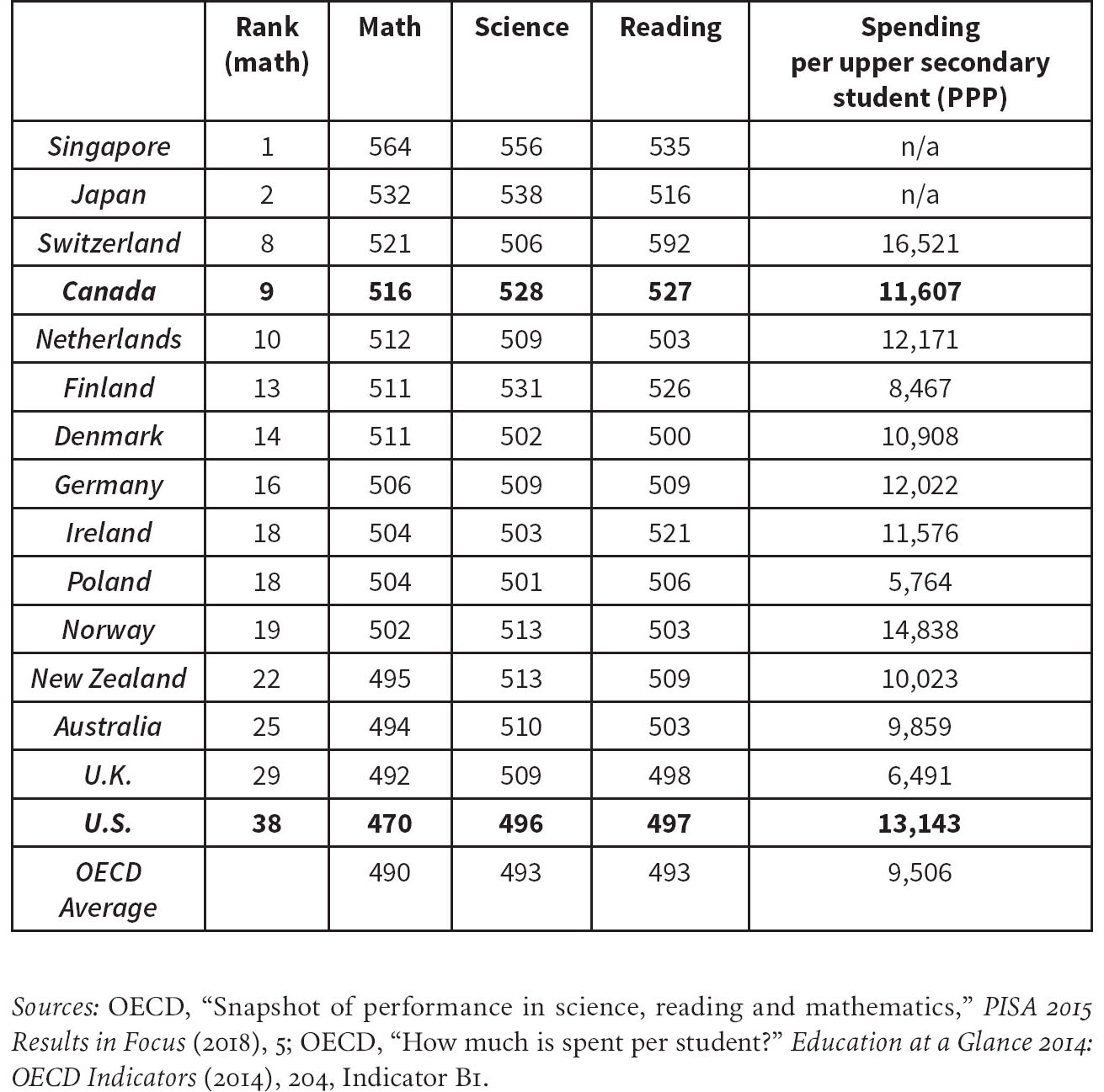F.H. Buckley - The Republican Workers Party: How the Trump Victory Drove Everyone Crazy, and Why It Was Just What We Needed
Here you can read online F.H. Buckley - The Republican Workers Party: How the Trump Victory Drove Everyone Crazy, and Why It Was Just What We Needed full text of the book (entire story) in english for free. Download pdf and epub, get meaning, cover and reviews about this ebook. year: 2018, publisher: Encounter Books, genre: Politics. Description of the work, (preface) as well as reviews are available. Best literature library LitArk.com created for fans of good reading and offers a wide selection of genres:
Romance novel
Science fiction
Adventure
Detective
Science
History
Home and family
Prose
Art
Politics
Computer
Non-fiction
Religion
Business
Children
Humor
Choose a favorite category and find really read worthwhile books. Enjoy immersion in the world of imagination, feel the emotions of the characters or learn something new for yourself, make an fascinating discovery.

- Book:The Republican Workers Party: How the Trump Victory Drove Everyone Crazy, and Why It Was Just What We Needed
- Author:
- Publisher:Encounter Books
- Genre:
- Year:2018
- Rating:5 / 5
- Favourites:Add to favourites
- Your mark:
The Republican Workers Party: How the Trump Victory Drove Everyone Crazy, and Why It Was Just What We Needed: summary, description and annotation
We offer to read an annotation, description, summary or preface (depends on what the author of the book "The Republican Workers Party: How the Trump Victory Drove Everyone Crazy, and Why It Was Just What We Needed" wrote himself). If you haven't found the necessary information about the book — write in the comments, we will try to find it.
The Republican Workers Party is the future of American presidential politics, says F.H. Buckley. Its a socially conservative but economically middle-of-the-road party, offering a way back to the land of opportunity where our children will have it better than we did. That is the American Dream, and Donald Trumps promise to restore it is what brought him to the White House.
As a Trump speechwriter and key transition advisor, Buckley has an inside view on what Make America Great Again really meanshow it represents a program to restore the American Dream as well as a defense of nationalism rooted in a sense of fraternity with all fellow Americans.
The call to greatness was a repudiation of the cruel hypocrisy of Americas New Class, the dominant 10 percent who deploy the language of egalitarianism while jealously guarding their own privileges. The New Class talks like Jacobins but behaves like Bourbons. Its members claim to support equality and social mobility, but resist the very policies that promote mobility and equality: a choice of good schools for everyones children, not just the well-to-do; a sensible immigration policy that doesnt benefit elites at the expense of average Americans; and regulatory reform to trim back the impediments that frustrate competitive enterprise. It isnt complicated. Whats been lacking is political will.
This book pulls no punches in describing how liberals and conservatives had become indifferent to those left behind. On the left, identity politics offered an excuse to hate an ideological enemy. On the right, a tired conservatism defined itself through policies that callously ignored the welfare of the bottom 90 percent. Trump told us that both Left and Right had betrayed the American people, and his Republican Workers Party promises to renew the American Dream. Buckley shows how it will do so.
F.H. Buckley: author's other books
Who wrote The Republican Workers Party: How the Trump Victory Drove Everyone Crazy, and Why It Was Just What We Needed? Find out the surname, the name of the author of the book and a list of all author's works by series.

